Listeners:
Top listeners:
-
play_arrow
Kapital FM 92.9 The Station that Rocks!
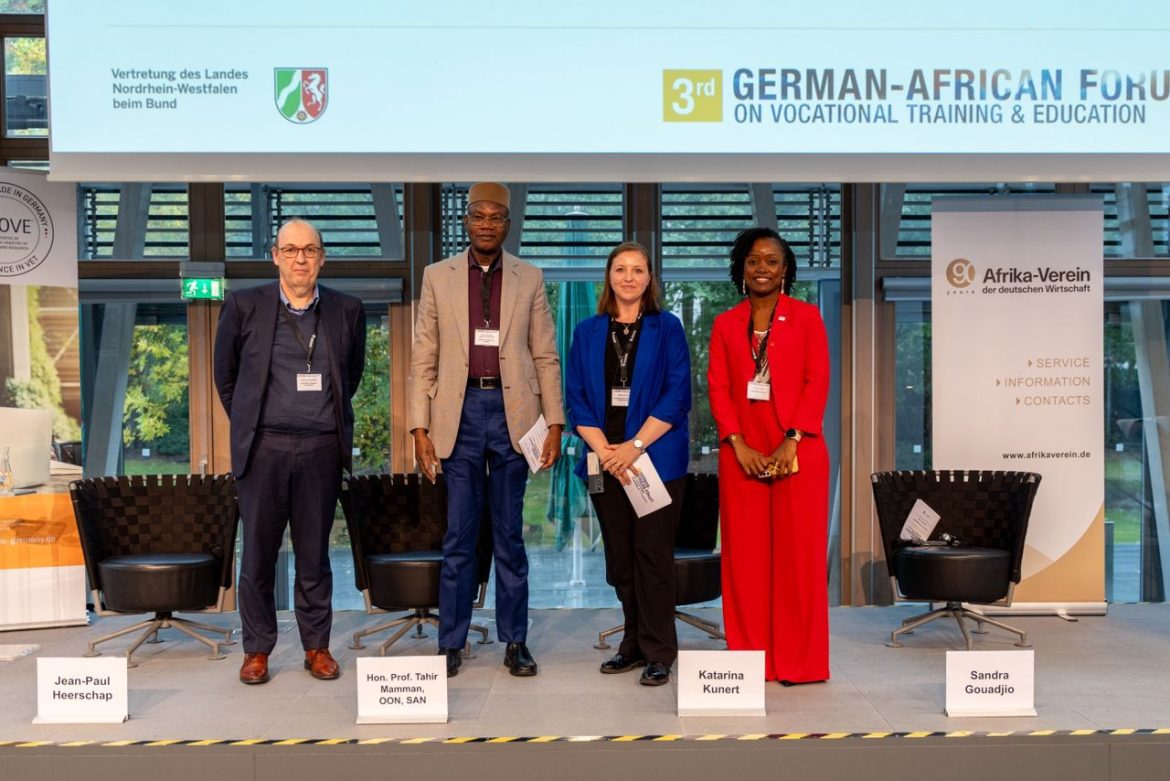
Nigeria’s Minister of Education, Professor Tahir Mamman, has emphasized the importance of public-private partnerships in advancing skills development across the education sector in Nigeria and Africa,at the 3rd German-African Forum on Vocational Training and Education in Berlin.
In a statement signed by the Director of Press, Ministry of Education, Boriowo Folasade says tese collaborations are crucial for achieving the United Nations’ Sustainable Development Goals (SDGs) by 2030 ¹.
The statement highlights Nigeria’s DOTS policy, a comprehensive framework designed to transform the nation’s educational system by prioritizing data-driven decision-making. This policy aims to improve education quality, create opportunities for skills development, and empower teachers ¹.
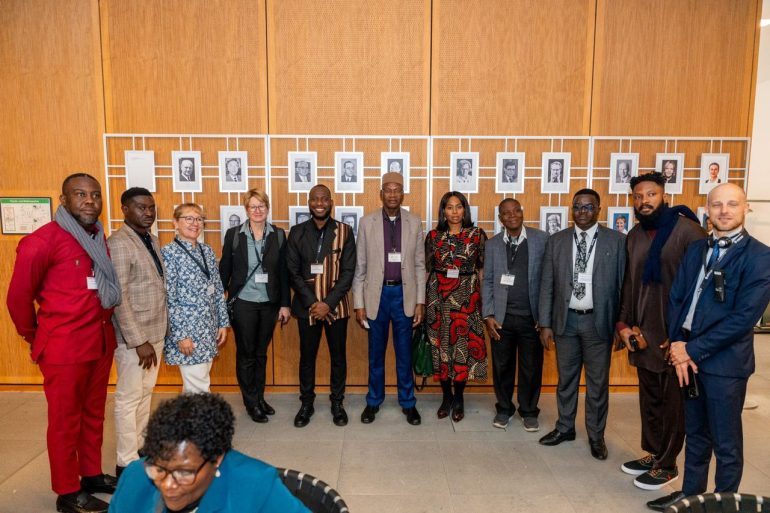
According to the statement,the DOTS policy is a significant stride in educational reform, aligning with the National Policy on Education’s objectives ². It focuses on promoting technical and vocational education, crucial for Nigeria’s socio-economic development
“By leveraging public-private partnerships and innovative policies like DOTS, Nigeria can enhance its education sector, drive skills development, and foster economic growth. This commitment to education reform demonstrates the government’s dedication to creating a better future for Nigerian citizens.
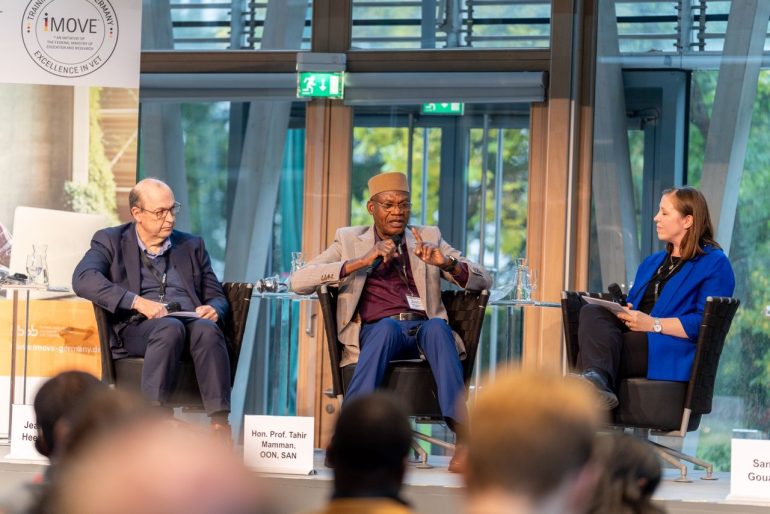
It emphasizes the potential for collaboration between African nations and German industries, particularly in the realm of education technology innovation.
“The future of Africa’s economic growth lies in unlocking its human capital through education,” Professor Mamman stated. He emphasized that partnerships between governments, industries, and educational institutions are key to accelerating skills acquisition and driving development across the continent.”
The statement stresses the need for collaborative investments and knowledge-sharing to unlock Africa’s vast human capital and drive sustainable economic growth noting that such partnerships, could help bridge the skills gap across industries.
PR/Nkiruka Nnolia
Written by: Editorial Team
#kapitalfm92.9 Berlin DOT Education sector Vocational skills
Similar posts
Recent Posts
- Environmental Expert Harps On More Proactive Measures To Mitigate Flooding
- FCT : Oluremi Tinubu, Huawei, Train Women On Digital Technology
- Flooding : FG Commences Nationwide Overhaul Of Dams Infrastructure
- FG Approves Conversion Of 10,000 Commercial Vehicles To CNG
- Mining : Alake Harps On Collaboration With National Boundary Commission
Recent Comments
No comments to show.-

Kapital Kruise
With Oyinye Agiriga
Unwind and Energize: Join us on an Electrifying Journey as Kapital FM 92.9 Abuja Presents the After-Work Extravaganza! Tune in from 3PM to 9PM and Let the Vibrant Rhythms Ignite Your Spirit. Welcome to the twilight hours...
close Top popular
Chart
-
-
play_arrow
Sunshine Tommy Blues
-
play_arrow
-
-
play_arrow
Red Frank Lee
-
play_arrow
-
-
play_arrow
Eclipse Donna May
-
play_arrow
-
Copyright Kapital FM 92.9 Abuja - The Station that Rocks!



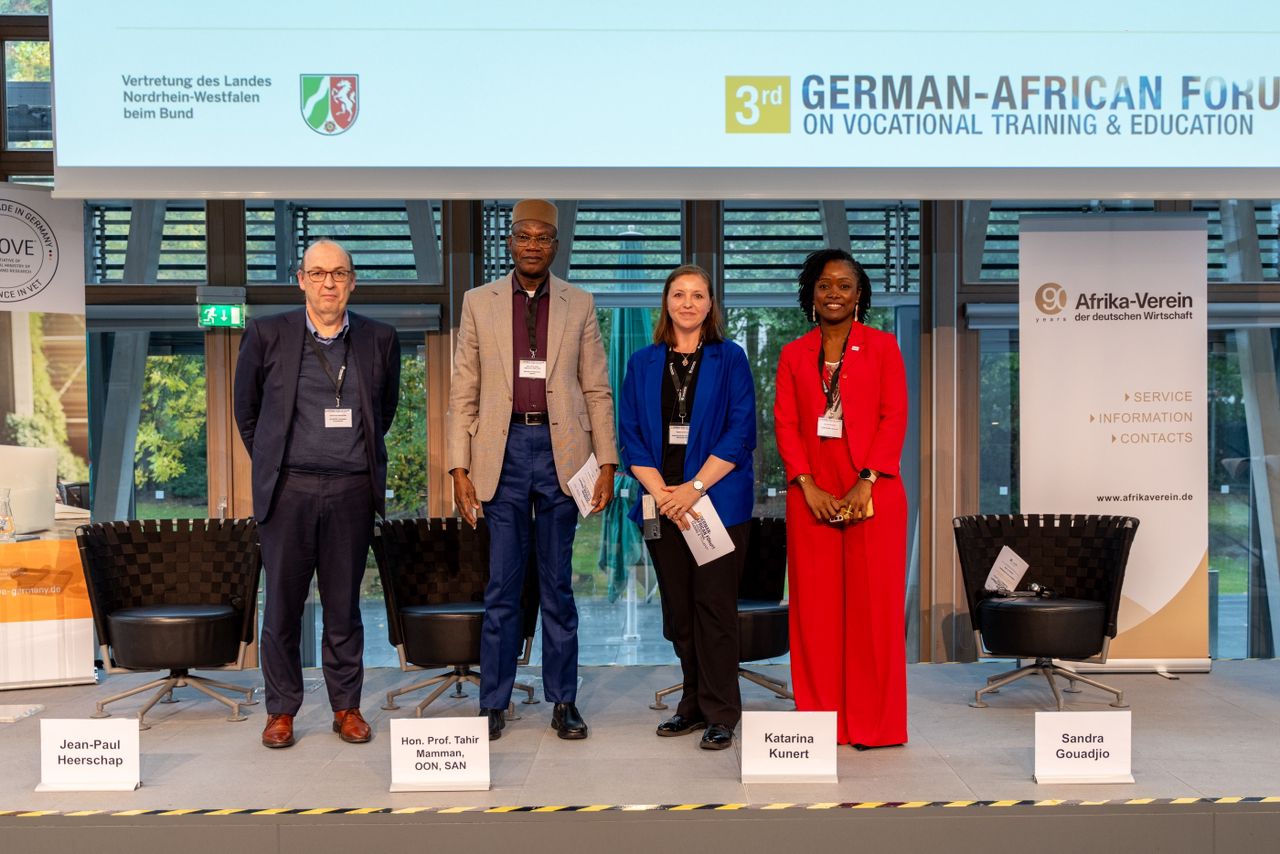

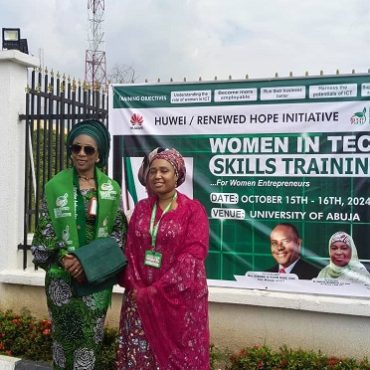




Post comments (0)